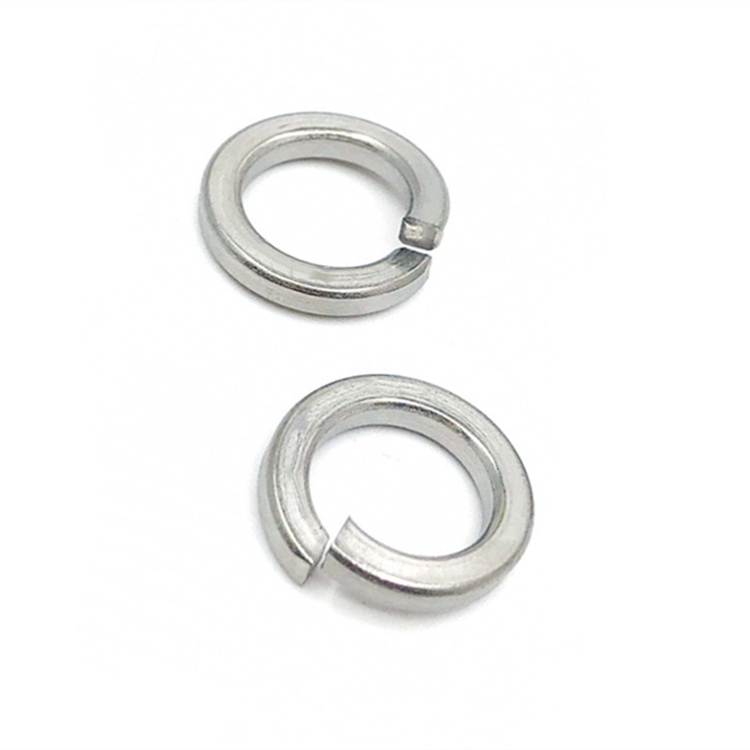custom m12 stud bolt
Oct . 19, 2024 12:41 Back to list
custom m12 stud bolt
Understanding Custom M12 Stud Bolts A Comprehensive Guide
In the world of fasteners, few components are as versatile and widely used as the stud bolt, particularly the M12 size. Stud bolts play a pivotal role in various industries, including automotive, construction, and manufacturing, where their strength and reliability are paramount. This article delves into custom M12 stud bolts, exploring their applications, benefits, and the customization process involved in their production.
What is an M12 Stud Bolt?
The M12 specification refers to a metric bolt with a nominal diameter of 12 millimeters. M12 stud bolts are typically produced in a variety of lengths and thread pitches to accommodate different applications. These bolts consist of a cylindrical rod with external threads on each end, facilitating the creation of secure connections by using nuts. Unlike conventional bolts, stud bolts provide more flexibility as they can be adjustable and are often secured within a threaded hole, making them ideal for clamping two or more components together.
Applications of M12 Stud Bolts
Custom M12 stud bolts find applications across multiple sectors. In the automotive industry, they are essential for connecting engine components, exhaust systems, and chassis parts. Their ability to withstand high levels of stress and vibration makes them a popular choice for securing critical assemblies.
In construction, M12 stud bolts are used to anchor structures, securing steel beams and concrete components. This is essential for ensuring the integrity and stability of buildings and infrastructure. Additionally, in manufacturing, stud bolts are crucial for equipment and machinery assembly, where precision and strength are vital for operational efficiency.
Benefits of Custom M12 Stud Bolts
One of the primary advantages of custom M12 stud bolts is their adaptability. Manufacturers can design these bolts to meet specific requirements, including size, material, and coating. This customization allows for enhanced performance in unique environmental conditions, such as high temperatures or corrosive settings.
Moreover, custom stud bolts can reduce the risk of failure in critical applications. By ensuring that each bolt is tailored to its intended use, manufacturers can optimize the durability and reliability of their products. Additionally, custom solutions can lead to more efficient assembly processes, as the correct length and thread design can minimize installation time and reduce the chances of cross-threading or misalignment.
custom m12 stud bolt

The Customization Process
The customization of M12 stud bolts typically involves several key steps
1. Material Selection Depending on the application, manufacturers can choose from various materials such as stainless steel, carbon steel, or alloy steel. Each material offers different levels of strength, corrosion resistance, and temperature tolerance.
2. Design Specifications Clients often provide specific design parameters regarding length, thread type, and coating requirements. Custom coatings like galvanized finishes or anti-corrosive treatments can extend the lifespan of the bolts in harsh environments.
3. Manufacturing Process Once the specifications are agreed upon, the manufacturing process begins. This may involve machining, heat treatment, and surface finishing. Advanced manufacturing techniques ensure that the bolts meet industry standards for quality and performance.
4. Quality Control A crucial step in the production of custom M12 stud bolts is rigorous quality control. Manufacturers conduct tests to ensure that every bolt meets the specified tensile strength and durability requirements. This is essential in industries where safety is a priority.
5. Delivery and Support After production, the finished products are packaged and delivered to clients. Many manufacturers also offer ongoing support and consultation to help clients choose the best fastener solutions for their projects.
Conclusion
Custom M12 stud bolts are indispensable components in numerous industries due to their strength and adaptability. As technology and manufacturing processes continue to evolve, the ability to customize these fasteners ensures that they can meet the specific needs of various applications. By understanding the benefits and processes involved in creating custom M12 stud bolts, businesses can leverage these components to enhance their operational efficiency and reliability. In an increasingly competitive environment, investing in the right fasteners may very well be the key to success in any project.
Latest news
-
High-Quality Panel Stud Bolt Reliable Panel Stud Bolt Factory & Suppliers
NewsJul.08,2025
-
High-Precision Fine Thread Locknuts Manufacturer & Supplier Custom Solutions
NewsJul.08,2025
-
PH Imperial Stud Bolt – High Strength Fasteners from Leading Supplier & Factory
NewsJul.07,2025
-
High-Quality Allen Wrench Bolts Leading Factory, Company & Suppliers
NewsJul.07,2025
-
Wholesale Ball Stud Bolt - High Quality Supplier & Factory Price Reliable Wholesale Ball Stud Bolt Company
NewsJul.06,2025
-
High-Strength Alloy Bolts Manufacturer & Supplier Quality Alloy Fasteners Factory
NewsJul.06,2025
